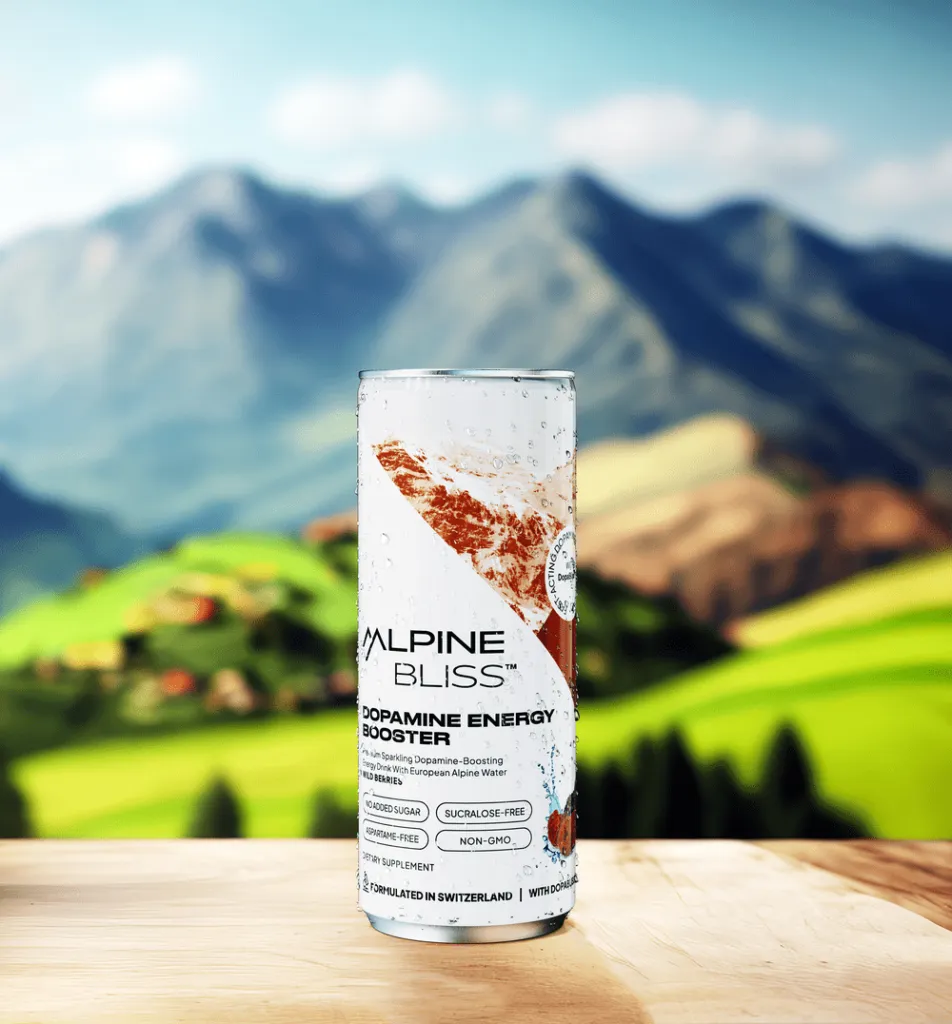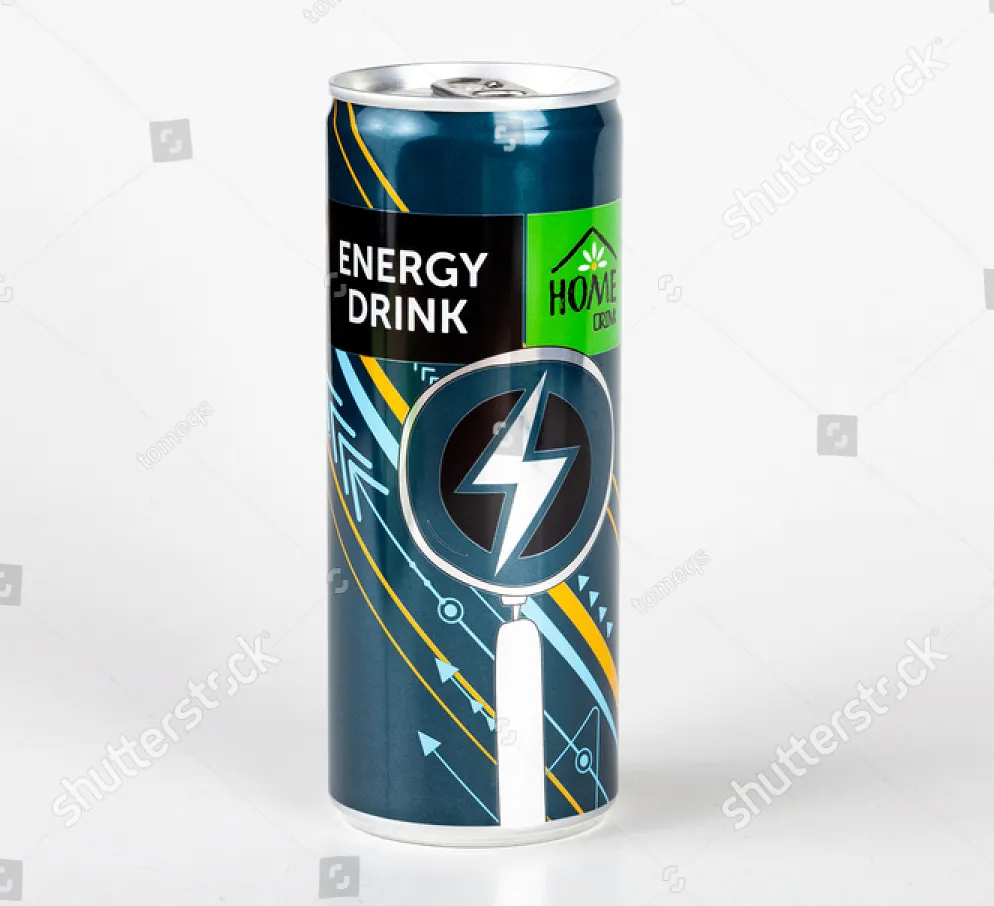What Are The
<span data-metadata=""><span data-buffer="">Healthiest Energy Drinks?

Reviewed and fact-checked by certified nutritionists.
In this guide:
- Are “healthy” energy drinks really healthy?
- Are there any drinks that can strongly boost your energy, without causing health damages?
- What to look for and what to avoid in a healthy energy drink
- The top 5 healthiest energy drinks on the market today, according to nutritionists
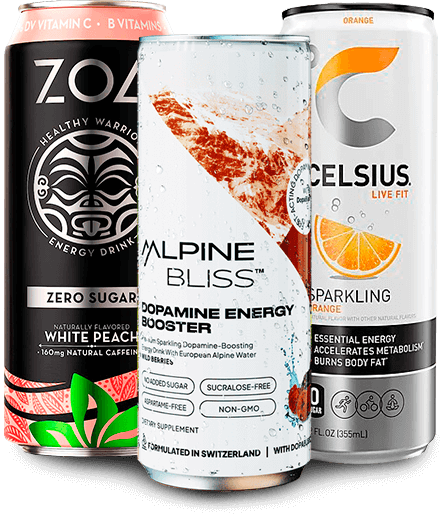
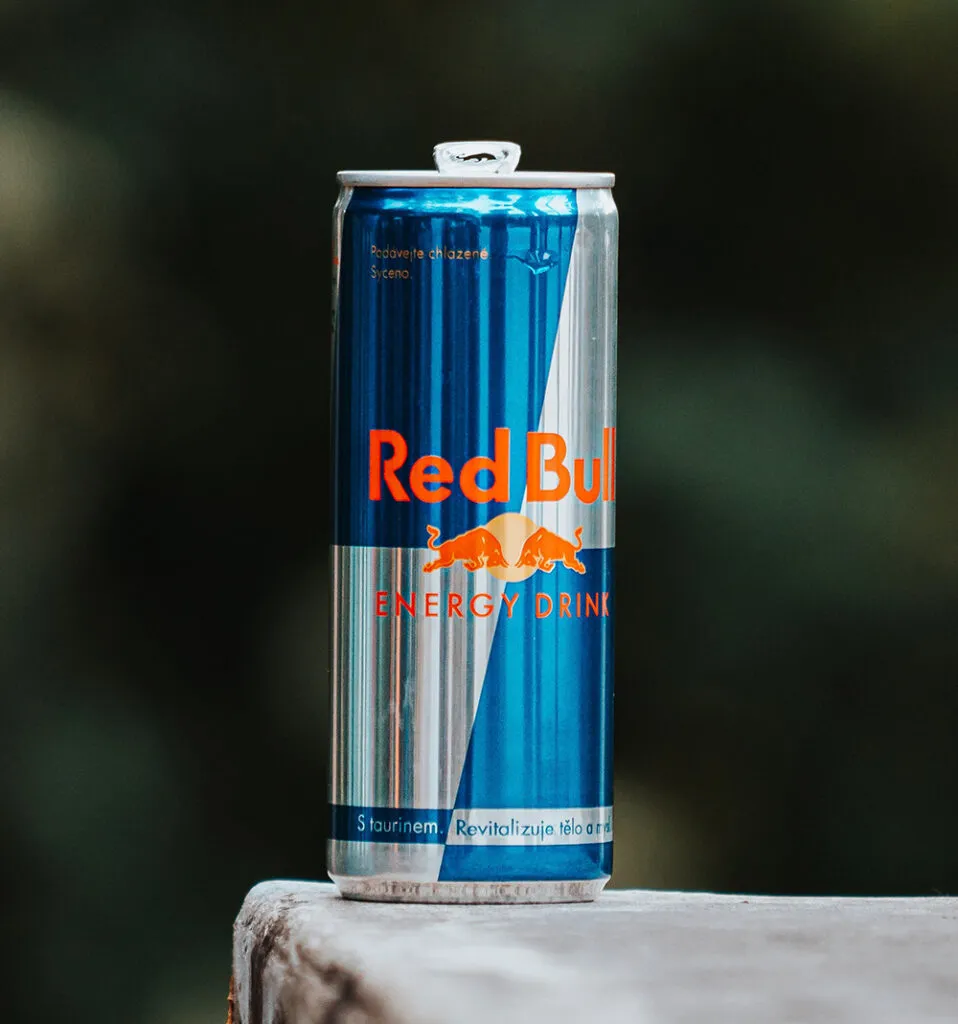
Old energy drinks:
- Quick boost of energy followed by energy “crashes”
- High in sugar and calories
- Contains a lot of unhealthy artificial sweeteners
- No benefits aside from energy boost
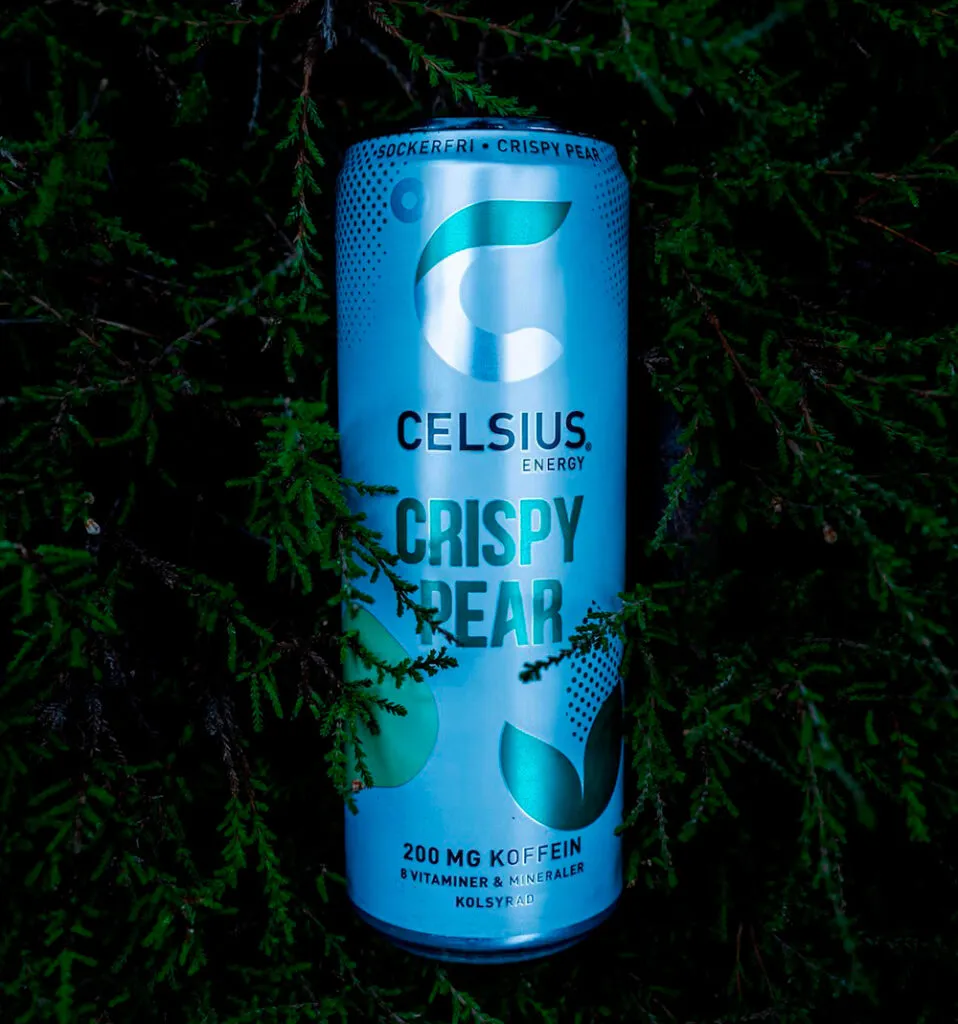
New energy drinks (claims)
- Sustained boost of energy without crashes
- Low in sugar and calories
- Contains no or less artificial sweeteners
- May boost immune system on top of increasing energy

The question you may ask yourself is:
Are “healthy” energy drinks really healthy, or is it just a marketing hype that is surfing on the “better for you” trend?
What are the key things to look for in a “healthy” energy drink? And what are the things to avoid at all costs? Is it even possible to find an energy drink that is both effective (boosts your energy levels fast, Red Bull-style) and healthier for you?
This guide was specifically made to help you narrow down the choices of healthier energy drinks available on the market today. Our guide has been carefully reviewed by professional nutritionists and dieticians, to ensure high-quality and accurate information.
The alarming health burden of energy drinks
People drink over 26 billion liters of energy drinks every year according to Statista estimates. That’s over 3 times higher than the consumption of orange juice - one of the most popular beverages in the world.
While it’s true that energy drinks can provide a quick energy boost due to the high amounts of caffeine and sugar they contain, it’s not a secret that most of these drinks are everything but healthy...
The most popular energy drinks are filled with significant amounts of sugar synthetic caffeine, additives, and other harmful substances that can seriously damage our body over time.
Did You Know?
A can of Rockstar energy drink contains 63 grams of added sugar, the equivalent of 16 teaspoons of sugar

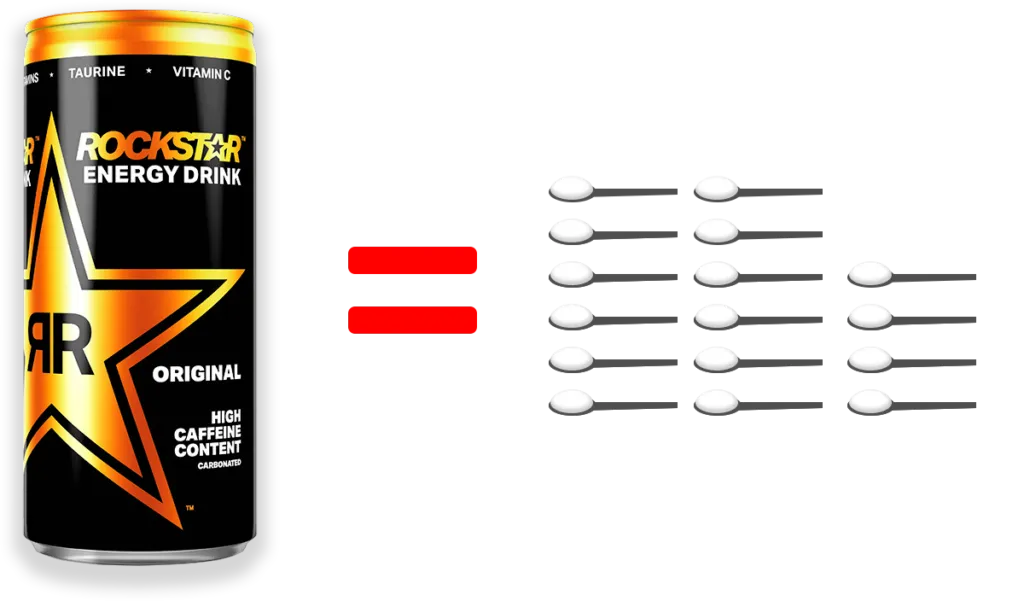
High amounts of added sugar have been found to increase your risk of cardiovascular problems, diabetes, dementia, cholesterol, high blood pressure, and several types of cancer.
Another risk is the excessive dose of caffeine many energy drinks contain. The FDA recommends that your daily caffeine intake should not exceed 400 mg a day. Anything above that level can damage your heart and your brain.
Several popular energy drinks contain between 300 and 400 mg of caffeine, meaning that drinking them may be dangerous if you take several cans a day or drink coffee during the day.




Overall, energy drinks are certainly not healthy, and should be consumed in moderation.

More than 20,000 emergency room visits
in the United States in 2011 involved energy drinks (according to the Substance Abuse and Mental Health Services Administration). An increase of 106% compared to 2007.

The health burden of energy drinks
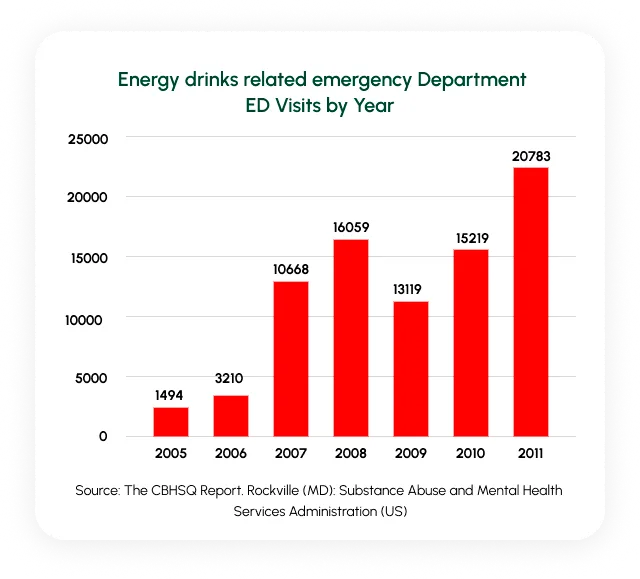
There were 5,126 poisonings related to energy drinks
reported to U.S. poison control centers between 2010 and 2013. More than 40% of these cases were children.

One study found that drinking a 16 oz energy drink caused
a 74% increase in norepinephrine (the “fight or flight” hormone). This hormone may increase the risk of panic attack, hyperactivity, and elevated blood pressure.
Is there such a thing as a “healthy” energy drink? The nutritionist’s take

While natural sweeteners like stevia are safe to consume, many drinks positioned as healthy use Ace-k and aspartame – two high-intensity sweeteners with serious health consequences.
Aspartame and Ace-K: The Silent Killers
Aspartame
- Synthetic chemical obtained from genetically modified bacteria
- May cause headaches, anxiety, insomnia
- May increase the risk of cardiovascular diseases, diabetes, and certain types of cancer
- May increase appetite and promote weight gain
- In the list of substances to avoid, according to weight loss recommendations from the World Health Organization

Acesulfame potassium (Ace-K)
- Chemical compound 200 times sweeter than table sugar
- May increase risk of obesity and gut chronic inflammation
- May worse diabetes
- May improve the risk of cognitive dysfunction, due to altering neuro-metabolic activity
So, does it mean that no energy drink can really be healthy? According to nutritionists, there are some drinks on the market that are definitely better for your health, and which may have some health benefits, depending on their formulation.
If we look at what the industry is currently offering, there are indeed a select few beverages that are not as unhealthy as traditional energy drinks. For instance, drinks that are low on sugar, rich in vitamins and antioxidants, and formulated with real natural ingredients are definitely a much healthier option than the Red Bulls of this world. In fact, beverages that use clinically-reviewed functional ingredients may even provide tangible health benefits, although more research is needed"
Dr. Andrew Shulman, New York-based certified nutritionist
There are several healthier energy drinks that contain ingredients that have been proven to provide functional health benefits - including ginseng, folic acid, vitamin B, or ginger root, to name a few.
Effect of panax ginseng on the immune system.
Ginseng is an ingredient present in certain healthier energy drinks
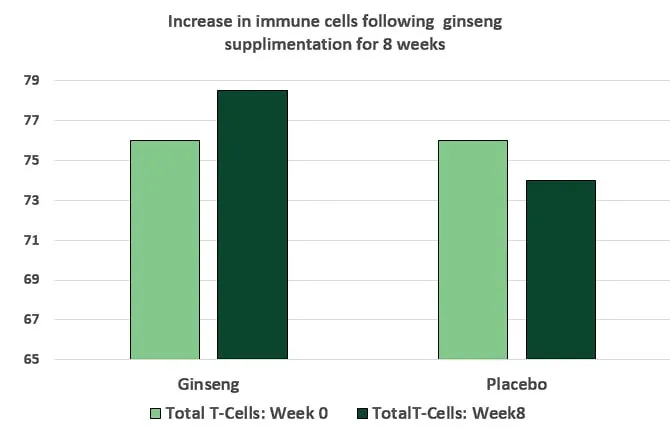
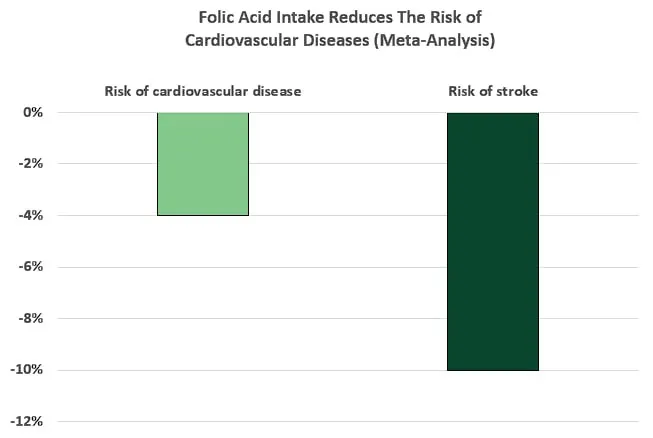
Effect of folic acid on cardiovascular health.
Folic acid is another ingredient present in several healthier energy drinks
Examples of healthier energy drinks:

Drinks that contain no or low amounts of sugar, and no “hard” sweeteners such as ace-k and aspartame

Drinks that contain moderate amounts of caffeine (less than 100 mg), preferably from natural sources (green coffee beans, tea extracts)

Drinks that use high-quality water, rich in essential minerals. Water is c.90% of the drinks, making it the most important “ingredient”

Drinks that are rich in vitamins such as Vitamin B may promote healthy immunity. Other well-researched healthy ingredients include: ginseng, folic acid, and ginger root
What are the key benefits of healthy energy drinks?
Here are the main benefits you can reasonably expect from healthier energy drinks, according to nutritionists and up-to-date clinical studies:
Improve energy levels while reducing the risk of “energy crashes”.
Healthier energy drinks tend to use alternative ingredients that can provide a more sustained boost of energy than caffeine. Clinical studies indicate that natural ingredients such as ginger root or panax ginseng can enhance mental and physical energy compared to placebo. Further, the energy boost caused by these “alternative energy boosters” can be just as strong as traditional energy drinks, with fewer side effects on average. Healthier drinks also typically contain less caffeine than usual, which reduces the risk of sudden energy crashes and unpleasant jitters.
May aid weight loss.
Drinks with low amounts of sugar and calories, containing green tea extract and caffeine from natural sources, may promote weight loss. This is due to the natural fat-burning properties of catechins (molecules present in green tea) and caffeine, as documented by several clinical trials.
May improve focus and help clear brain fog.
Healthier energy drinks can still contain high concentrations of neuro-stimulants, including caffeine. As long as the dosage is safe, these stimulants can help improve mental performance and focus. For example, L-Tyrosine, a safe natural ingredient present in some energy drinks, has been clinically proven to decrease reaction time and improve working memory in n-back cognitive tests. Ginger root has also been linked to enhanced mental performance in several studies.
May improve immune function.
While more research is still needed on this aspect, several studies suggest that drinks infused with antioxidants and vitamins (specifically vitamin B6 and B12), can promote healthy immunity by supporting cell health, energy levels, and cardiovascular health.
What to look for in a healthy energy drink:
- Must be sugar-free or low on sugar. Natural sugar from real fruits is healthier than added sugar. Note that a drink with 5 grams of natural sugar is better than a sugar-free drink full of artificial sweeteners.
- No aspartame or acesulfame potassium (Ace-K). These artificial sweeteners can damage gut health and cause long-term health issues. Nearly all low-sugar energy drinks use sweeteners to make the drink taste good. One of the safest sweeteners is stevia: a natural sweetener derived from leaves of the stevia plant.
- Provides a sustained boost of energy, without crashes. The best healthier energy drinks can give you a strong boost of energy for several hours, without causing jitters or crashes. This can be achieved with moderate amounts of natural caffeine and other plant-based energy boosters such as panax ginseng or ginger root extract.
- Look for pure, natural ingredients. Just like whole foods are much healthier than processed foods, pure ingredients (ingredients that are close to their natural state) are better for your body. Look for high-purity plant extracts, organic coffee beans, and high-quality water from a pure source (water being one of the most important ingredients, as c.90% of the drink is water).
- Moderate to low amounts of caffeine. Too much caffeine can create jitters and abrupt energy crashes. Anything between 50 and 100 grams is more than enough to give you a perceptible boost of energy, without causing unpleasant crashes. Ideally, the caffeine should come from natural sources (e.g., green coffee beans, black tea leaves)
- Low in calories. To deliver any potential weight loss benefits, drinks should be low on calories. Anything below 20 calories per can is reasonable.
- Rich in vitamins and antioxidants. Vitamins can not only improve your energy levels, but also boost your metabolism and immune system.

What to avoid:

High in sugar

High in calories

Excessive dose of caffeine (over 200 mg)

Contains unhealthy artificial sweeteners such as aspartame or Ace-K
The Top 5 Healthiest Energy Drinks On The Market Today, According To Nutritionists
#1 Alpine Bliss Dopamine Energy Booster
- Provides a strong, sustained boost of energy without crashes
- Improves mood and well-being thanks to a natural blend of dopamine boosters
- Low on calories and sugar
- Optimal dose of caffeine
- Contains a strong dose of vitamins and antioxidants
- No aspartame or ace-K
- Great taste, according to users
- Uses pure Alpine water with high-quality plant-based ingredients
- Expensive
- Frequently out of stock due to limited production
THE BOTTOM LINE
#2 Focusaid Clean Energy
- May improve energy, attention and focus
- Strong dose of caffeine
- Contains several natural proven energy boosters, including rhodiola and panax ginseng
- Positive consumer reviews
- Use safe artificial sweeteners, including stevia
- Relatively high in calories (40 calories per can)
- Sugar content could be lower (around 7 grams)
THE BOTTOM LINE
#3 Celsius Stevia
- Established beverage brand
- Low calorie, low sugar
- Strong boost in energy levels thanks to a high dose of caffeine, guarana and green tea extract
- Wide range of tastes and flavors
- Rich in vitamins
- Caffeine dose may be too high (200 mg)
- Contains erythritol – an artificial sweeteners which may have negative effects on cardiovascular health, but more research is needed
THE BOTTOM LINE
#4 Guayaki Yerba Mate
- Naturally caffeinated providing a strong energy boost
- Great customer reviews
- Low in calories
- Free from artificial sweeteners
- Contains 5 mg of sodium, which may not be ideal for consumers who want to limit their sodium intake
- Yerba mate leaves may contain PAHs (polycyclic aromatic hydrocarbons), which have been linked to certain types of cancer in some studies, but more research is needed
THE BOTTOM LINE
#5 Zoa Zero Sugar Energy Drink
- Strong boost of energy enabled by heavy dose of caffeine
- May enhance mental energy and focus
- Rich in vitamins
- Zero added sugar
- Good taste
- Dose of caffeine may be too high for some consumers (160 mg)
- Excessive amount of sodium (200 mg per can)
- Contains traces of sucralose, albeit in very low quantities

